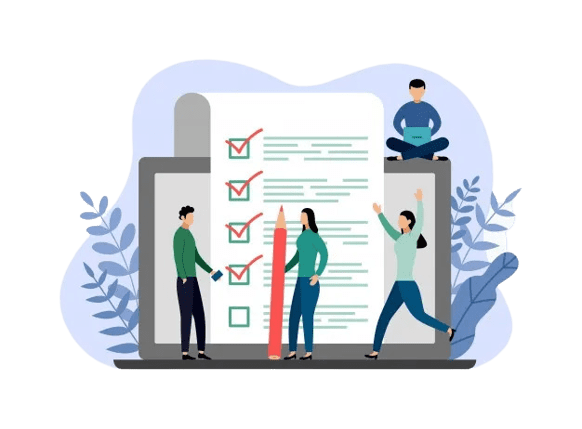What Part Of The LGBT Community Am I Quiz?
Free What Part Of The LGBT Community Am I Quiz

Create a nurturing environment where identities are celebrated, struggles are understood, and healing begins.
What Part Of The LGBT Community Am I Quiz?
This Quiz is a self-evaluation tool designed to help individuals explore and understand their romantic orientation. It aims to assist people in determining if they identify as aromantic, meaning they may not experience romantic attraction or have a desire for romantic relationships.
This assessment typically involves a series of questions about one’s feelings, experiences, and perspectives on romantic involvement. It can provide valuable insights for individuals seeking to better comprehend their own emotional and relational preferences.

Who can derive advantages from this quiz of What Part Of The LGBT Community Am I?
This quiz on “What Part Of The LGBT Community Am I?” can benefit various individuals. For those questioning their sexual or gender identity, it offers an opportunity for self-exploration and understanding.
Additionally, allies seeking to be more informed and supportive can gain insights into different aspects of the LGBT community. Educational institutions, counselors, and LGBTQ+ organizations can also utilize this quiz as a tool to promote awareness and acceptance. Overall, the quiz fosters inclusivity and empathy, empowering everyone involved to build a more accepting and diverse society.
What Part Of The LGBT Community Am I Quiz Accuracy

The accuracy of the “What Part Of The LGBT Community Am I?” quiz depends on several factors. First, it relies on the quality of questions and options provided, which should be well-researched and sensitive to various identities. Second, the quiz’s effectiveness depends on how individuals interpret and respond to the questions.
While it can provide insights and possibilities, it cannot definitively determine one’s identity. People’s experiences are complex and unique, making it essential to recognize that the quiz is only a starting point for self-discovery, and professional guidance may be necessary for better understanding.
Types of What Part Of The LGBT Community Am I Quiz
Self-report questionnaires
Kinsey Scale Test
Klein Sexual Orientation Grid
The Shively-DeCecco Scale
Close Relationships Scale
Sexual Identity Scale
Handling LGBTQ+ Issues
Handling LGBTQ+ issues requires a compassionate and informed approach. Here are key aspects to consider:
- Education and Awareness: Promote understanding of LGBTQ+ identities, experiences, and challenges through education and open discussions.
- Safe and Inclusive Spaces: Create environments where LGBTQ+ individuals feel safe, respected, and included.
- Advocacy: Advocate for equal rights and protection against discrimination for the LGBTQ+ community.
- Support Networks: Offer support networks and resources, including counseling and helplines.
- Sensitivity and Language: Use appropriate language and pronouns, and be mindful of cultural and individual differences.
- Addressing Bias: Challenge and address biases, stereotypes, and prejudices within communities and institutions.
- Legal Protections: Work towards implementing and upholding laws that safeguard LGBTQ+ rights.
- Collaboration: Collaborate with LGBTQ+ organizations and individuals to ensure their voices are heard and needs are met.
- Training: Provide training on LGBTQ+ issues for professionals, educators, and community members.
- Continuous Learning: Stay updated on evolving LGBTQ+ topics and be open to learning from diverse perspectives.
By adopting these principles, we can foster a more inclusive and accepting society where LGBTQ+ individuals are valued and treated with dignity and respect.

